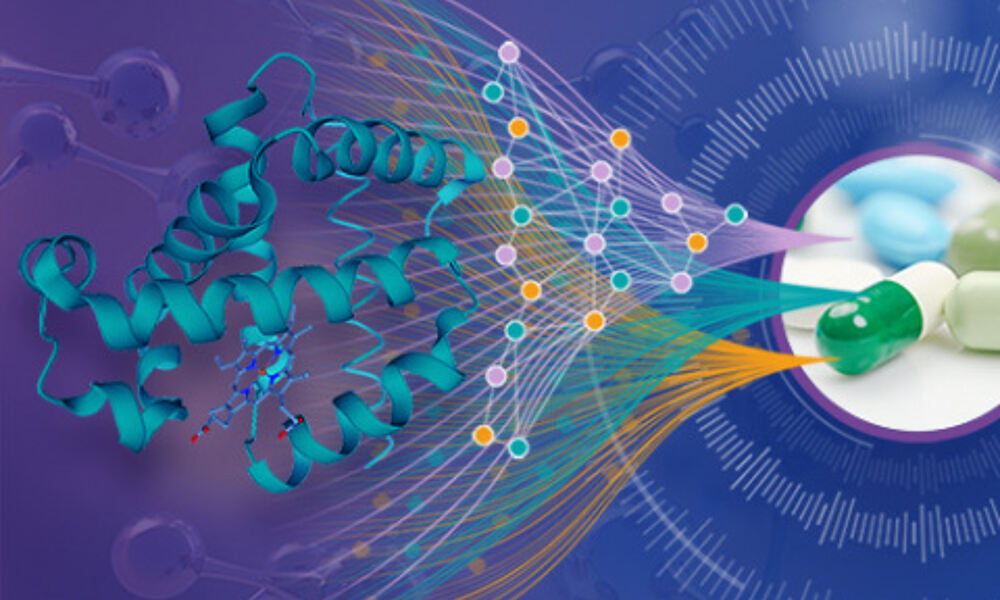
Strategic Architects: The Crucial Role of Consultants in Virtual Biotech & Virtual Pharma Companies
Introduction
A virtual biotech pharmaceutical company is an entity that operates with a highly streamlined structure, focusing on core functions such as research, development, and strategic decision-making, while outsourcing many other activities to external partners. Unlike traditional biotech firms, virtual biotechs often do not maintain in-house capabilities for manufacturing, clinical trials, or other aspects of drug development. Instead, they rely extensively on collaboration with Contract Research Organizations (CROs), Contract Manufacturing Organizations (CMOs), and other external specialists.

Advantages of Virtual Biotech Pharma Companies
- Cost Efficiency: By outsourcing non-core functions, virtual biotechs can significantly reduce operational costs associated with maintaining large in-house teams and facilities.
- Flexibility and Agility: Virtual biotechs are agile and can quickly adapt to changes in the drug development landscape. They can easily scale up or down based on project needs without the burden of fixed infrastructure costs.
- Access to Specialized Expertise: Collaboration with external partners allows virtual biotechs to access a diverse pool of specialized expertise without the need to hire full-time staff. This can lead to faster and more efficient development processes.
- Focus on Core Competencies: Virtual biotechs can concentrate on their core strengths, such as research and innovation, without being distracted by the complexities of managing extensive operations.
- Reduced Time to Market: With an outsourced model, virtual biotechs can expedite the drug development process, potentially bringing new therapies to market faster than traditional biotech companies.
Disadvantages of Virtual Biotech Pharma Companies
- Dependency on External Partners: Relying on external partners for critical functions introduces a level of dependency. Delays or issues with contracted services can impact project timelines.
- Limited Control Over Processes: Virtual biotechs may have limited control over manufacturing processes, quality control, and other aspects of drug development that are outsourced. This could pose challenges in maintaining consistent quality.
- Communication Challenges: Managing a network of external partners requires effective communication. Virtual biotechs must ensure that collaboration and information flow are seamless to avoid misunderstandings or misalignment.
- Intellectual Property Risks: Collaborating with external entities may expose the virtual biotech to potential intellectual property risks. Clear contractual agreements and legal safeguards are crucial to mitigate these risks.
- Resource Allocation Challenges: While focusing on core competencies is an advantage, virtual biotechs must carefully allocate resources to ensure they have the necessary expertise in-house to manage external collaborations effectively.
Role of consultant in virtual biotech or virtual pharma companies
In a virtual biotech pharmaceutical company, a consultant plays a pivotal role in providing specialized expertise, strategic guidance, and operational support to navigate the complexities of drug development. Here are key aspects of the consultant’s role in a virtual biotech:
Strategic Planning:
- Market Analysis: Consultants assess market trends, competition, and potential opportunities to guide strategic decisions.
- Portfolio Strategy: They assist in optimizing the drug development portfolio, ensuring alignment with market needs and company goals.
Outsourcing Management:
- Partner Selection: Consultants help identify and select suitable Contract Research Organizations (CROs), Contract Manufacturing Organizations (CMOs), and other partners.
- Contract Negotiation: They participate in contract negotiations to ensure favorable terms and conditions for the virtual biotech.
Regulatory Compliance:
- Regulatory Guidance: Consultants provide insights into regulatory requirements and ensure that the company complies with global regulations.
- Submission Support: They assist in preparing regulatory submissions and interacting with regulatory agencies.
Clinical Development:
- Protocol Design: Consultants contribute to the design of clinical trial protocols, optimizing study parameters for efficiency and regulatory compliance.
- Clinical Operations: They guide the outsourcing of clinical trials, ensuring adherence to timelines and quality standards.
Manufacturing Oversight:
- Technology Transfer: Consultants facilitate the transfer of manufacturing processes to CMOs, ensuring a seamless transition.
- Quality Assurance: They implement quality assurance measures to maintain product quality and compliance.
Risk Management:
- Identification: Consultants identify potential risks in the drug development process and propose mitigation strategies.
- Contingency Planning: They develop contingency plans to address unforeseen challenges and minimize project disruptions.
Project Management:
- Timeline Management: Consultants play a crucial role in managing project timelines, coordinating activities, and ensuring milestones are met.
- Budget Oversight: They contribute to budget planning and monitor expenses to align with financial goals.
Scientific Expertise:
- Therapeutic Area Knowledge: Consultants bring deep expertise in specific therapeutic areas, contributing to the scientific advancement of drug development programs.
- Innovation: They introduce innovative approaches and technologies to enhance drug discovery and development processes.
Collaboration and Communication:
- Team Coordination: Consultants facilitate effective collaboration between internal teams and external partners.
- Stakeholder Communication: They communicate project progress, challenges, and strategic decisions to stakeholders, ensuring transparency.
Adaptability and Flexibility:
- Navigating Challenges: Consultants assist in navigating unexpected challenges and adjusting strategies to maintain project momentum.
- Market Changes: They stay informed about market dynamics and recommend adjustments to strategies based on changing conditions.
The role of a consultant in a virtual biotech pharmaceutical company is multifaceted, requiring a combination of scientific, strategic, and operational expertise. By leveraging their skills, consultants contribute significantly to the success of drug development programs and the overall growth of the virtual biotech.
Conclusions
In conclusion, virtual biotech pharmaceutical companies offer a nimble and cost-effective approach to drug development, but they must carefully navigate the challenges associated with external dependencies and maintain robust communication and collaboration processes. Successful virtual biotechs leverage these advantages while mitigating risks to bring innovative therapies to market efficiently.
The role of a consultant in a virtual biotech pharmaceutical company is multifaceted, requiring a combination of scientific, strategic, and operational expertise. By leveraging their skills, consultants contribute significantly to the success of drug development programs and the overall growth of the virtual biotech.
Consultancy Services
Committed to excellence, we deliver timely, cost-effective, high-quality solutions across diverse expertise
Drug Discovery & Development (Technical)
Regulatory Strategy & Roadmaps
Strategic and Operational
Business Solutions and Insights
Research & Development
Engage in R&D to create drugs that addresses challenges for unmet diseases.
Formulation Complexity & Administration
Efficacy, Long-Term Safety and Tolerance
Regulatory Compliance & Market Acceptance
Cost-Effective Production






Leave a Reply